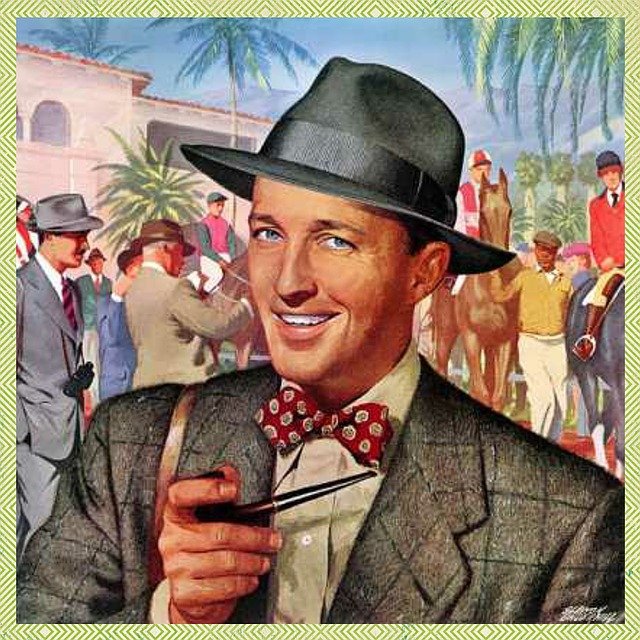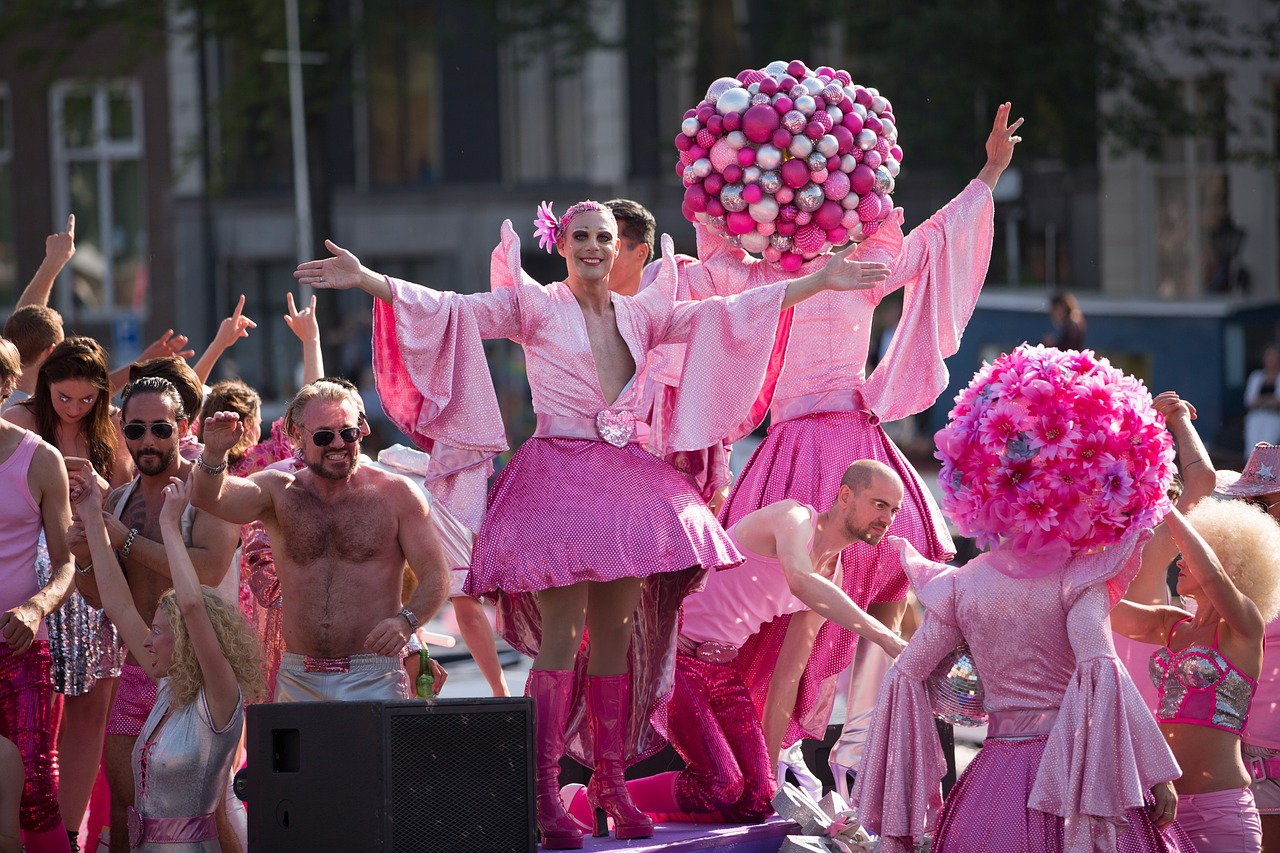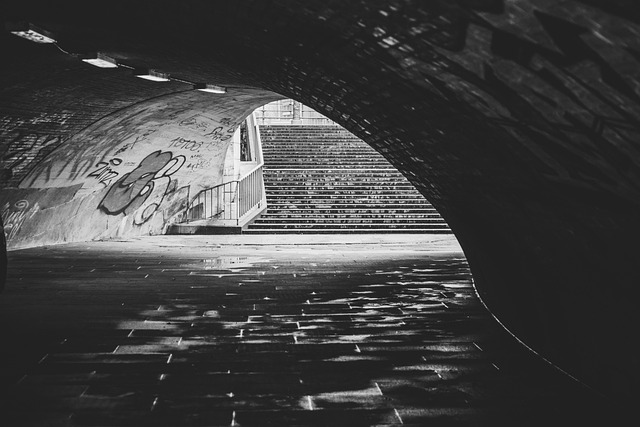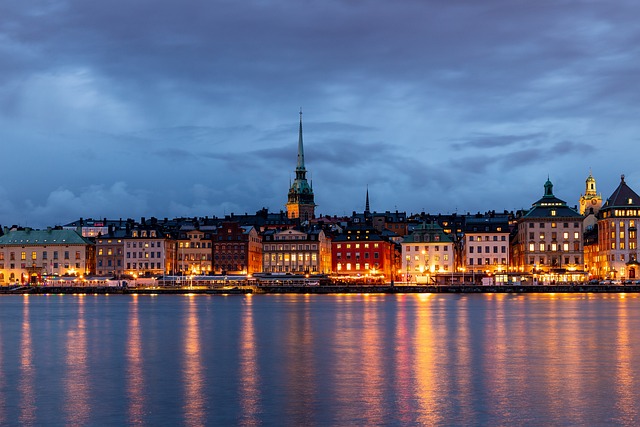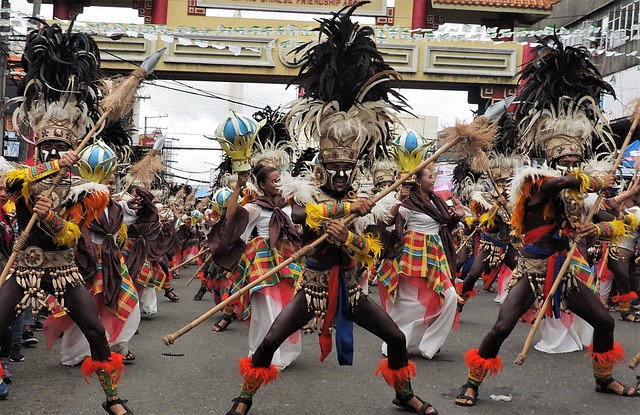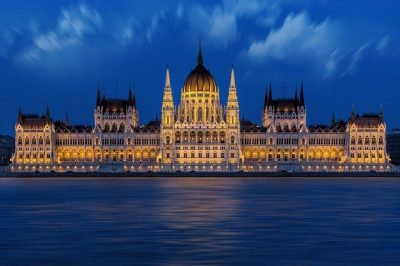 When you ask people about the most important elements of democracy, most of them mention the parliament. This is where laws are made, or at least approved, and where political debates are held. Parliament comes from the French parlez, to speak. What other institution could better symbolize democracy?
When you ask people about the most important elements of democracy, most of them mention the parliament. This is where laws are made, or at least approved, and where political debates are held. Parliament comes from the French parlez, to speak. What other institution could better symbolize democracy?
In other countries, people would mention the constitution, which is set up to protect our rights; that citizens are equal before the law and that they have freedom of speech, freedom of assembly, free market, etc.
Without the constitution, society could be thrown off course. Without the Constitution, our rights could be taken away, not least by malicious parties who could use the democratic system to destroy it. I have mentioned this democratic paradox before. And one possible solution would be a strong constitution, which at least makes it more difficult for anti-democratic forces to overthrow the system.
The problem is that the constitution is no longer sacred. In Sweden, for example, it is amended during every term of office. And it is quite clear that Parliament and government are now the most important actors in the democratic order. Politicians have the power to change the whole system. There is no law above them. Unfortunately, the Constitution has lost much its authority and value in many western countries.
Giving all power to the Parliament is dangerous because it could make unjust laws. Just like a mad dictator imposing a state of emergency and abolishing freedom of expression. We must not be blinded by empty words. A parliament, even if it is elected by the people, could produce bad legislation, just as an autocratic king would be able to make good laws. So content is more important than form. And it is the constitution that ensures that the content is correct.
In other words, the Constitution is dictatorial when it comes to defending a few selected values. The elected representatives cannot do what they want, even by majority decision. The majority cannot steal the minority’s money or murder them, even at the discretion of the voters. That would no longer be democracy, but mob rule.
We note that the defence of certain fundamental rights is more important than majority voting in Parliament. And most importantly, the Constitution cannot be changed in any way. It is sacred.
So how can you make the Constitution sacred, what is the nature of something that should be untouchable? Some societies believe that it was the gods who gave them the laws, which de facto makes them sacred. Other societies mythologise the founders and lawmakers, they become distant demigods or heroes, whose words are written in stone. The nation, the people and the law become one entity. Others have a constitutional monarchy where the king is the defender of the constitution.
However, all this is difficult to achieve in an atheist society, where not only is there no belief in gods, but everything mystical and otherworldly is stripped away. Laws can be changed, just like everything else. And the democracy that we value so much is becoming increasingly watered down, unrecognisable, and we are approaching the technocratic and machine-like.
Sometimes you find old people complaining that nothing is sacred any more, and it’s not just that people have lost their faith and respect for the church, many have also lost their sense and reverence for things beyond the strictly religious.

